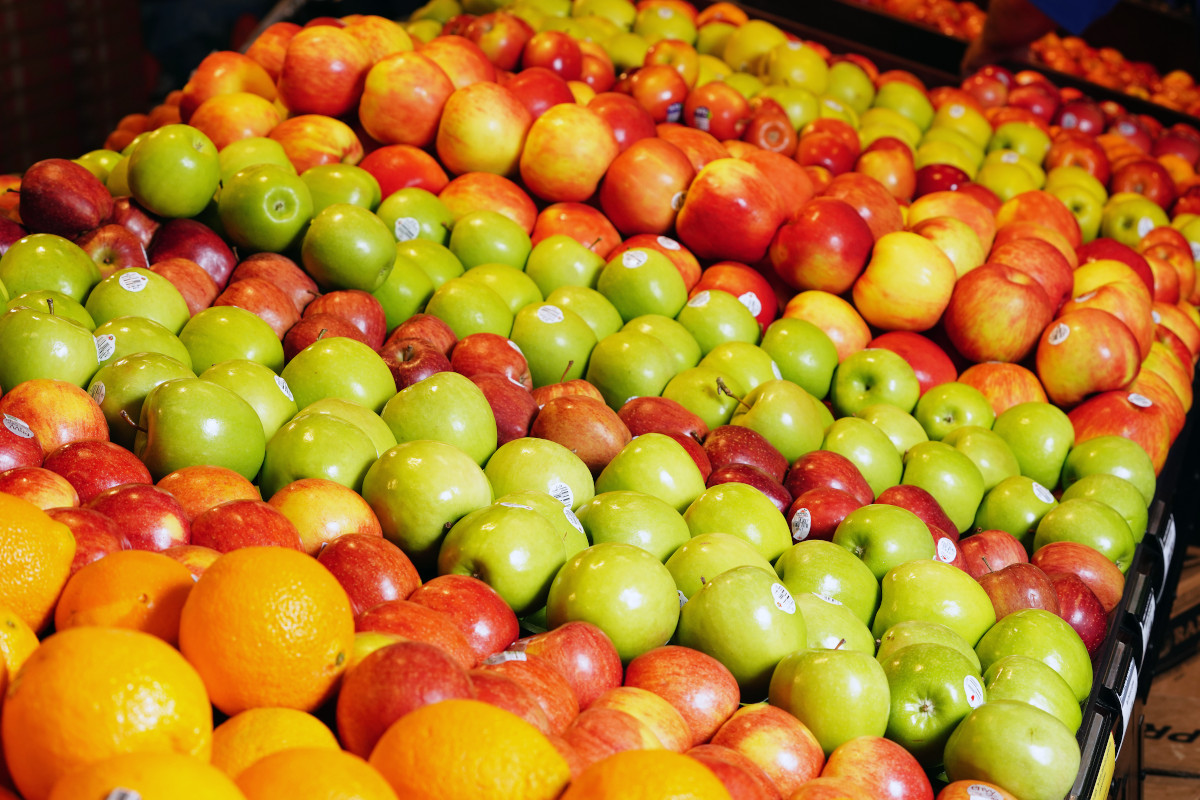Managing Diabetes During the Holidays
While intended to be joyful and celebratory, the holidays can be challenging for many reasons. Some of those challenges which can be especially trying for those try to manage diabetes include:
-
- Busy and/or irregular schedules

- Busy and/or irregular schedules
- Extra stress
- Family gatherings
- Eating out
- Frequent exposure to less healthful food
What else would you add to this list that makes it more difficult for you or a loved one to manage diabetes? Before we dig in to ideas on how to not let the holidays throw off your diabetes management, let’s review what affects blood sugar levels. Those items include:
- Food choices
- Medication
- Physical Activity
- Stress
Diabetes is a disease where a person’s body struggles to properly process carbohydrates (sugars) and a diabetic person must therefore be conscientious of the amounts of carbs they are consuming at one time and throughout the course of the day. Carbs are actually found in all five food groups:

- Fruit – all fruit contains a natural sugar, fructose
- Starchy vegetables – While all vegetables have some carbs; it is those classified as starchy that diabetics should consider when counting carbs. Those include potatoes, corn, peas, winter squash1 (e.g. acorn, butternut)
- Grains – examples include oatmeal, rice, barley and wheat, and items made from grains such as bread, crackers, pasta, and cereal
- Dairy – fluid milk, yogurt and cottage cheese all contain carbs. Cheese typically contains very few carbs
- Protein – while meat does not contain carbs, plant-based proteins such as beans, lentils, and peas2 (e.g. chickpeas or black-eyed peas, not green peas) are considered a carbohydrate food.
It is important to note that while many types of foods contain carbs, the type of carb and what you pair it with also matters. For example, whole foods also contain fiber which slows down how quickly the carbs hit your blood stream. So, an apple and a glass of apple juice may contain the same number of carbohydrates but they are going to impact your blood sugar differently. Likewise, eating a carbohydrate food by itself is going to be digested differently than if you pair it with a little protein and/or fat. For example, an apple vs. an apple with a tablespoon of peanut butter.
The good news for diabetics, the rules for diabetes management stay the same no matter the time of the year. Here are some tips to help stay on track during the holiday season:
- Maintain your routine – this includes your eating schedule, exercise routine, your wake/sleep cycles and personal care. The holidays bring a lot of joy but they also turn our schedules upside down. As much as you can keep your normal routines. This includes the timing of your meals. Some medications have their dosage and timing tied to your typical eating patterns or habits (For example- is lunch or dinner your large meal of the day?) We also need to keep all our other self-care activities in place as much as possible which includes but is not limited to our exercise routine and sleeping habits and checking out when you need to. This time of year can mean a lot of time around family, especially if you are traveling to get to them. Make sure you set boundaries and don’t neglect your personal care.
- Don’t skip meals – this can lead to poor blood sugar control; plus showing up hungry can cause you to overeat. Ok, we’ve committed to ourselves to stay on track as much as possible. But we all know that there will be some disruptions to our routine. When thinking about holiday dinners and the invitation (and sometimes pressure!) to overeat; you may be tempted to skip meals. Don’t! You can’t “save” up your carbs and calories; you can try but it rarely works the way you hoped. Often this leads to overeating or creating a psychology that because you skipped lunch you can have extra dessert or an extra serving of Grandma’s famous dressing. Unfortunately, it doesn’t work this way, especially when you are diabetic. Having consistent levels of carbs throughout the day is just as important for blood sugar control as how many you eat.
- Make it more than food – When we sit around the dinner table focus on the time together, the stories, and the laughter- make it about more than the food. Think about the entire social experience; then when you are eating – really focus on the food. Savor the textures, aromas and flavors. This makes a huge difference. When we mindlessly eat it’s easy to lose track of counting our carbs and then you are playing a guessing game. Think about what other activities your family does as tradition or maybe a non-food-related tradition you would like to start?
- Make a plan – Know before you go what to expect on the menu, offer to bring a dish, and decide beforehand how you will “spend” your carbs. If you know you will not be able to resist a slice of pie, then plan for it and lighten up on other carb dishes.
- Beware of alcohol – due to the impact of alcohol on blood sugar, those with poorly controlled diabetes are best to forego alcohol. If you do drink, stay in moderation and do not drink on an empty stomach.3
- Manage stress - Stress can have a pretty negative impact on your blood sugar levels, especially if it’s chronic and uncontrolled. The same hormones that are activated when you are stressed also trigger the release of the hormone glucagon which is responsible for sending glucose to the blood stream thereby raising blood sugar levels. Aside from increasing your blood sugar, these same hormones are responsible for weakening your immune system, increasing your blood pressure and cholesterol and other negative bodily reactions. So, make sure you are taking the time this season to manage your stress, as it’s good for your wellness on multiple levels.
- Stay active - Staying active helps keep blood sugar levels in check along numerous other benefits such as weight control, lowering blood pressure and cholesterol, and it’s a natural stress buster which can help combat the negative impacts of stress on our sugar levels.
- Give yourself a break, literally - The holiday season is so rushed and busy; take time for yourself. But also, if you gave in and had that extra serving or didn’t get your workout today – take it easy on yourself. Remember it’s not what we do over the course of a day, but our routine day-to-day lifestyle. However, when the holidays last for 2 months, we cannot afford to say “it’s ok, it’s the holidays” It’s all about moderation and balancing your choices.
For more tips and resources contact your local Purdue Extension Health & Human Sciences educator or check out these recommended resources:
American Diabetes Association - https://www.diabetes.org/diabetes
Academy of Nutrition and Dietetics - https://www.eatright.org/health/diseases-and-conditions/diabetes
Centers for Disease Control and Prevention - https://www.cdc.gov/diabetes/basics/diabetes.html